At a dinner in the Irish embassy in London last November, Dominic Raab believed he was on the brink of a Brexit breakthrough. In a meeting with Simon Coveney, Ireland’s Minister for Foreign Affairs, the Brexit secretary sought to find a compromise on the issue of the backstop. He explained that parliament would never agree an open-ended pledge in the way the EU envisaged: pushing things too far would end in the failure of talks. But Britain could make separate guarantees on the border, he said, leading to a ‘win, win’ for both sides. Coveney seemed interested, and suggested he would consider it.
Just days later, the idea was dropped by Leo Varadkar, the Taoiseach. But why? Sitting in The Spectator’s office earlier this week, Raab tells the story — and he doesn’t blame anyone in Dublin. ‘I think there was a window of opportunity,’ he says. ‘The frustrating thing is that it was closed by our own side.’ Specifically, he suspects, by David Lidington, Theresa May’s de facto deputy, who held his own talks with the Irish and seemed to stop what No. 10 saw as Raab’s freelancing. ‘It wasn’t ruled out by Coveney, it was ruled out by Varadkar. The only thing that happened in between is that he met David Lidington. It’s clear what happened.’
Raab is now seeking to try again — and this time with himself in the driving seat. His leadership pitch? First, that a common-sense compromise along these lines is still possible. And, secondly, that a deal can only be achieved with a credible, well-funded and clearly outlined no-deal plan. ‘To those people saying: “Well, would you really do it?”, I resigned over it. So I think people can feel confident that I’ve got the courage of my convictions.’ An abrupt exit, he says, is not his ‘preferred option’ but if a deal can’t be done, it’s better than the alternative. ‘This is no longer a question of choice. We must deliver Brexit: any further extensions, I think, will be fatal.’
Tories are rarely happier than when fighting each other, and Raab’s critics are portraying him as a short-tempered hardliner. When we meet, he seems to have been dressed to address these concerns, in pastels, with a trendy Google laptop case (his wife, Erika, works as a marketing executive at the internet giant). When it’s pointed out that the chaise longue he is about to sit on dates back to his leadership rival Boris Johnson’s days editing the magazine, he opts for the hard chair.
The son of a Jewish refugee who fled the Nazis, Raab grew up in what he describes as a ‘sort of middle-class’ family in Buckinghamshire. Both his parents were conservative — his mother more a ‘small l’ liberal who would have wanted to hear ‘the compassionate Conservative dimension’. His father, who liked strong leaders, was in a refugee camp as a child but never spoke about it. At least not to his young son: he died when Dominic was 12. He passed on habits, and resilience. ‘I eat very quickly. My dad ate very quickly,’ he says. ‘We used to make jokes about it but my grandmother said, “you have to understand when you are in a refugee camp, you eat quick”.’
He went to a local grammar (as his father had done), then law at Oxford. But he was no student politico, spending his days ‘doing a lot of karate’ and going on to become a British squad member. His interest in politics grew working for the Foreign Office with a memorable stint in The Hague bringing war criminals to justice — satisfying work, he says, ‘if you have a family history like mine’. He then served as chief of staff to Brexit adversaries David Davis and Dominic Grieve before entering parliament in 2010.
His pupillage under Davis, he says, taught him about parliamentary strategy. John Bercow vows to use parliament to make a no-deal Brexit tricky, but Raab says he will not be outmanoeuvred. ‘I would use every lever of the executive to make sure that we could execute government policy,’ he says. ‘I want a deal. But those trying to take it off the table, or diluting a commitment to leave at the end of October, are weakening the chance, whatever the percentage odds of getting it.’ So, he says, 31 October it is: come what may. He sees Corbyn as a bigger threat to the Tory party than Nigel Farage – but only if they deliver Brexit. ‘They are both threats and I think we need to defeat both but the difference is Farage only gets a look in when we don’t keep our promises on Brexit, that’s the bottom line.’
Youthful at 45 compared with many of his leadership rivals, he plans to present himself as the ‘change candidate who proves a reliable Brexiteer’. But how to cajole an EU that has flatly ruled out any kind of new deal? It comes down, he says, to the art of the deal and applying what he calls his ‘six years of negotiating experience in the Foreign Office’: ‘it’s really important to apply smart pressure and the way you apply smart pressure is by never allowing the other side not to have a positive return in front of you.’ As for the Irish border, he believes the issue can be resolved with good will, rather than the ‘sort of blackmail approach that’s come from Dublin or Brussels’ so far.
Raab takes issue with suggestions — from rivals like the Foreign Secretary — that pursuing a no-deal Brexit would lead to an early election as the government would collapse in the process: ‘I don’t think that’s true and I think you can navigate your path to WTO.’ But were Raab to get into difficulties, would he consider the drastic option of going to the Palace and proroguing parliament until 1 November to ensure the UK left? When pressed, he won’t rule it out. ‘I’m not going to get into the tactical machinations but I am confident that the government — if the No. 10 operation is well set up and highly professional, if you have got discipline in cabinet and you exercise the levers of the executive — can get there.’ Should that fail, some Conservative MPs would rather a second referendum than a general election where the Tories risk losing power. Raab is not one of them — he rules it out. ‘I think that will just create months more uncertainty, frustration.’
Discipline in the cabinet is one thing Raab says he would restore as leader. The karate black belt promises a ‘zero tolerance’ cabinet in which every minister would have to be fully signed up to his no-deal Brexit strategy. ‘The precondition to effective government is to make sure you have a really well organised and honed operation,’ he says. ‘No one who is unwilling to commit, in advance, to respect the discipline of collective responsibility could join the cabinet. I would have a zero-tolerance approach to the breakdown or flouting of cabinet collective responsibility.’ Would this apply to supporting a no-deal Brexit? ‘Yes, because that was in the manifesto.’
Were Raab to reach No. 10, there’s plenty he’d like to do on the domestic front. He considers himself a ‘natural Conservative’ drawn to free markets and pro-civil liberties. He is on the fence on HS2, would like the international aid target of 0.7 per cent to stay in place with more latitude on how the money is spent and more action tackling knife crime — both in terms of stop and search, youth support and sentencing. He thinks capitalism is under threat as never before and wants to ‘defend it in an authentic way, not play on Corbyn’s pitch’.
This is why he also appeals to Corbynites, who say they’d relish going up against an old-school Tory who once referred to feminists as ‘obnoxious bigots’. A caricature, he says. ‘I tend to elicit criticism from the left because they don’t like the idea that Conservatives are coming up with compelling answers or ripostes on their ground. I’ve got very low negatives [referring to polling]. That speaks to the fact that, in the country at large, people are looking for a fresh face and fresh ideas. You are always going to be criticised at one end of the spectrum or the other.’
So, would Raab call himself a feminist? ‘No, but I would call myself someone who is passionate about equality and wants a fairer society where it’s on a more meritocratic rather than egalitarian dimension,’ comes the reply. ‘My point was not that I’m anti-feminist, I am just calling out anyone who’s a hypocrite and I don’t think we should have double standards amongst politicians. If someone shrouds themselves in the language of equality but is effectively saying chauvinistic things whether it’s about a man or a woman, it’s clearly not on.’ He says his home life with ‘Team Raab’ (his family) shows his true values. ‘My wife works full time, I get the kids up in the morning, I’ve been involved in that since day one. We split the childcare responsibilities evenly. I think we’re a classic example of a modern family as a team.’
Could Team Raab go on to unite a modern Tory party? He certainly thinks so. When we mention that Raab’s former boss Dominic Grieve has recently said he couldn’t remain in a Tory party that plumped for no deal, he urges caution. ‘I’m not sure if it was before or after I caught up recently with him for lunch,’ he says mischievously.
Got something to add? Join the discussion and comment below.
Get 10 issues for just $10
Subscribe to The Spectator Australia today for the next 10 magazine issues, plus full online access, for just $10.
You might disagree with half of it, but you’ll enjoy reading all of it. Try your first month for free, then just $2 a week for the remainder of your first year.


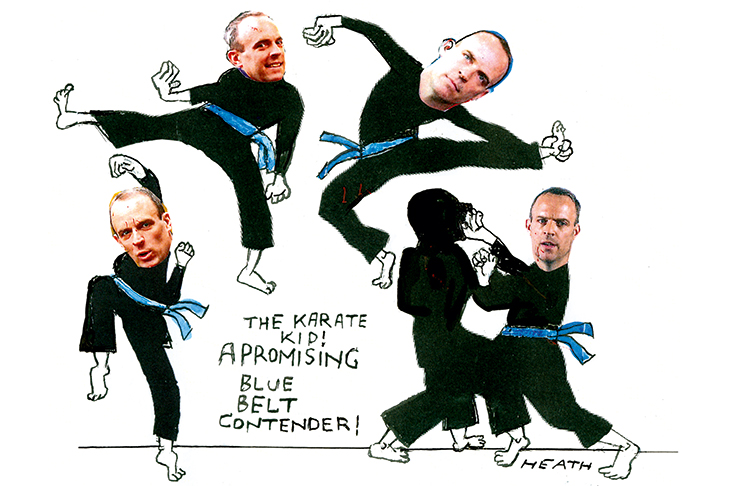
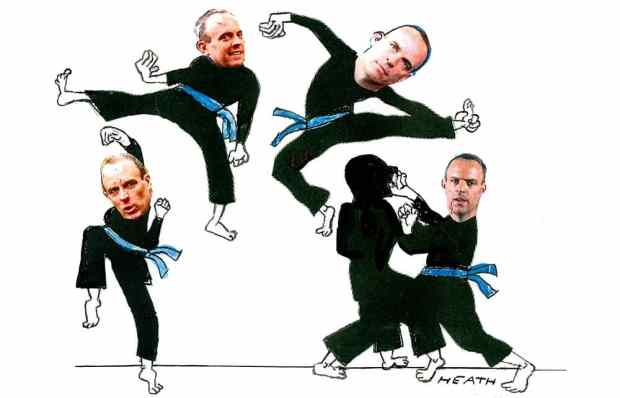

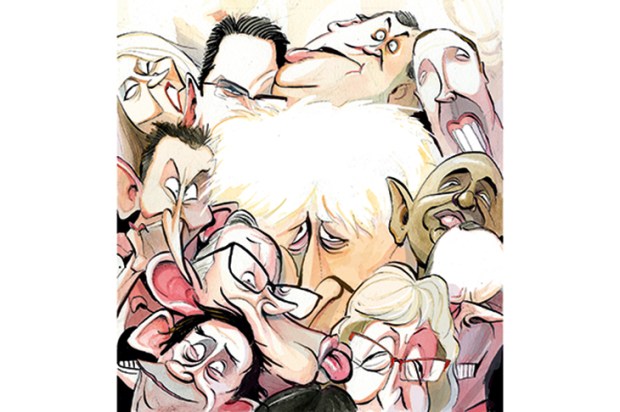
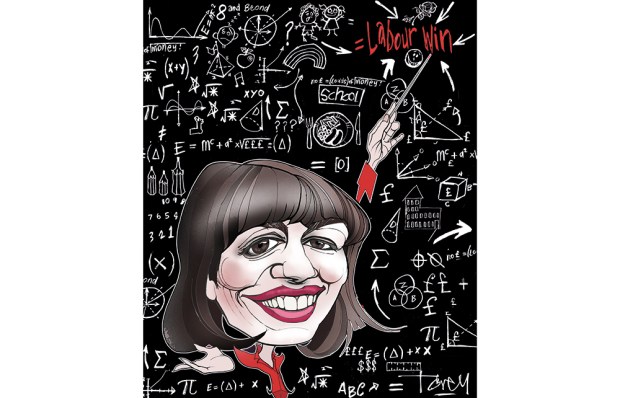
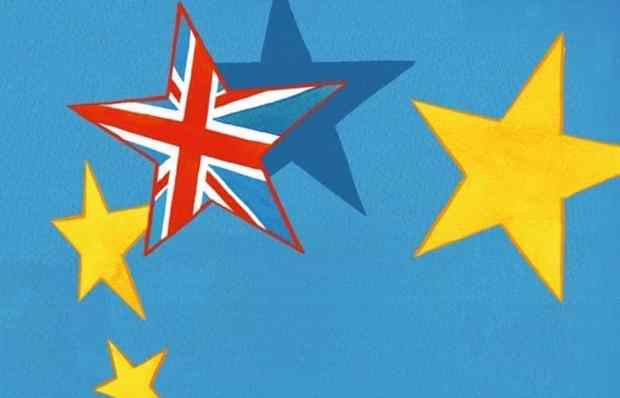
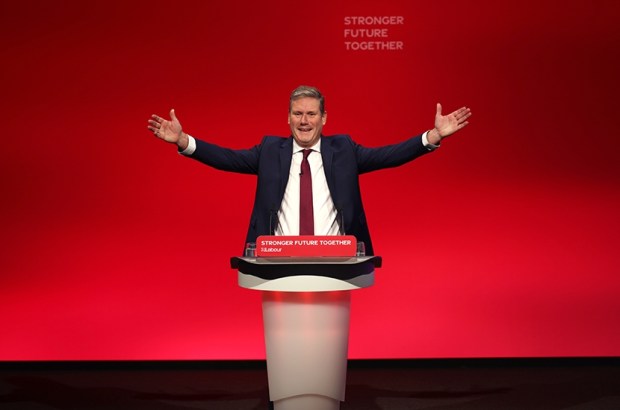






Comments
Don't miss out
Join the conversation with other Spectator Australia readers. Subscribe to leave a comment.
SUBSCRIBEAlready a subscriber? Log in